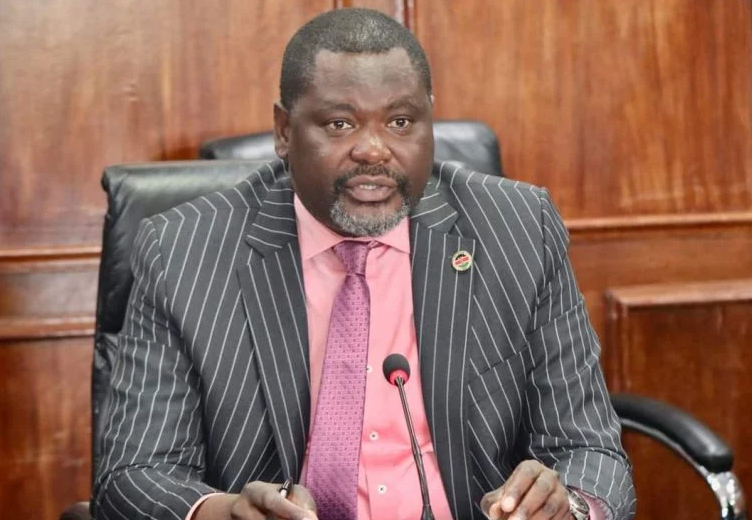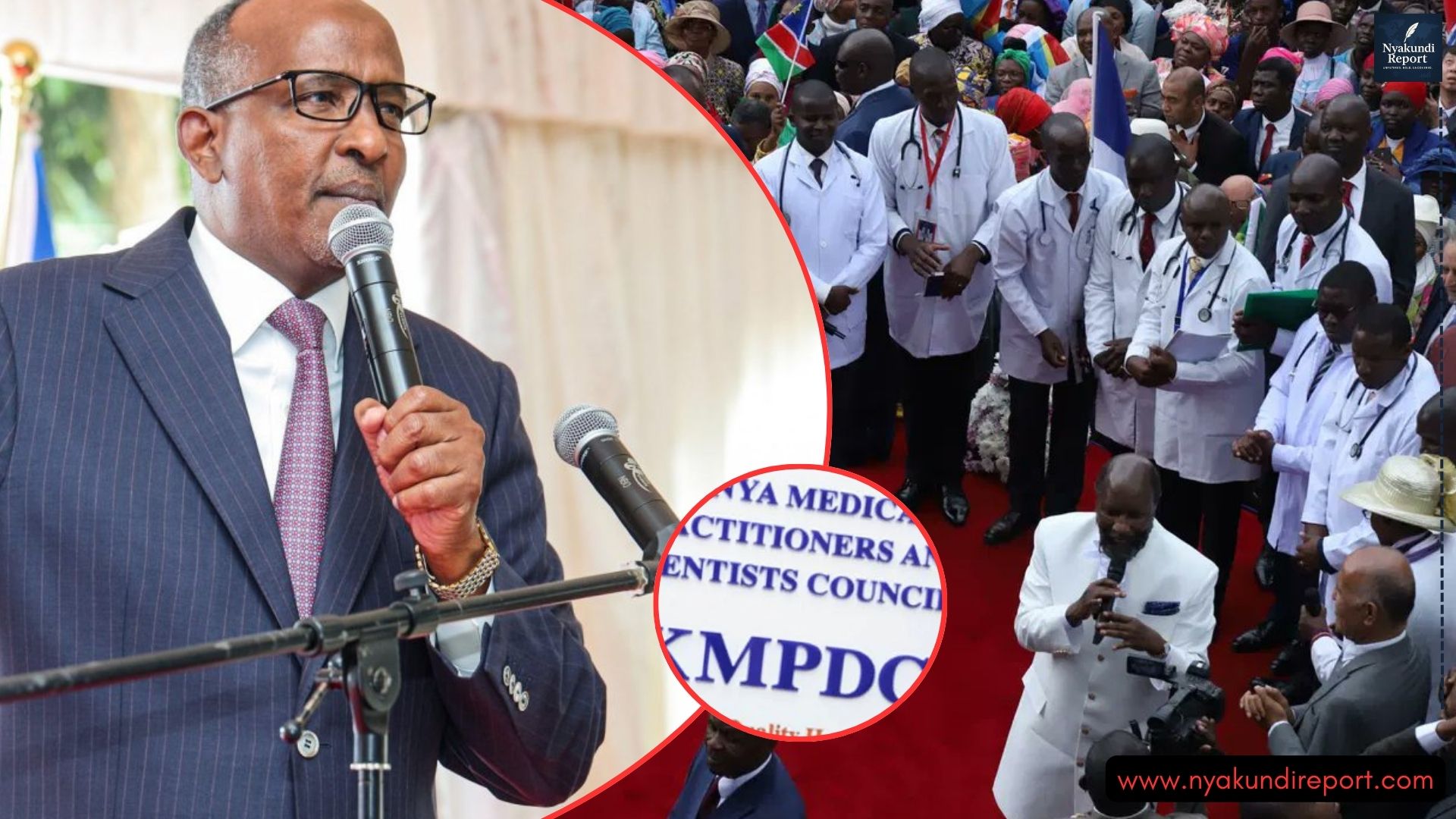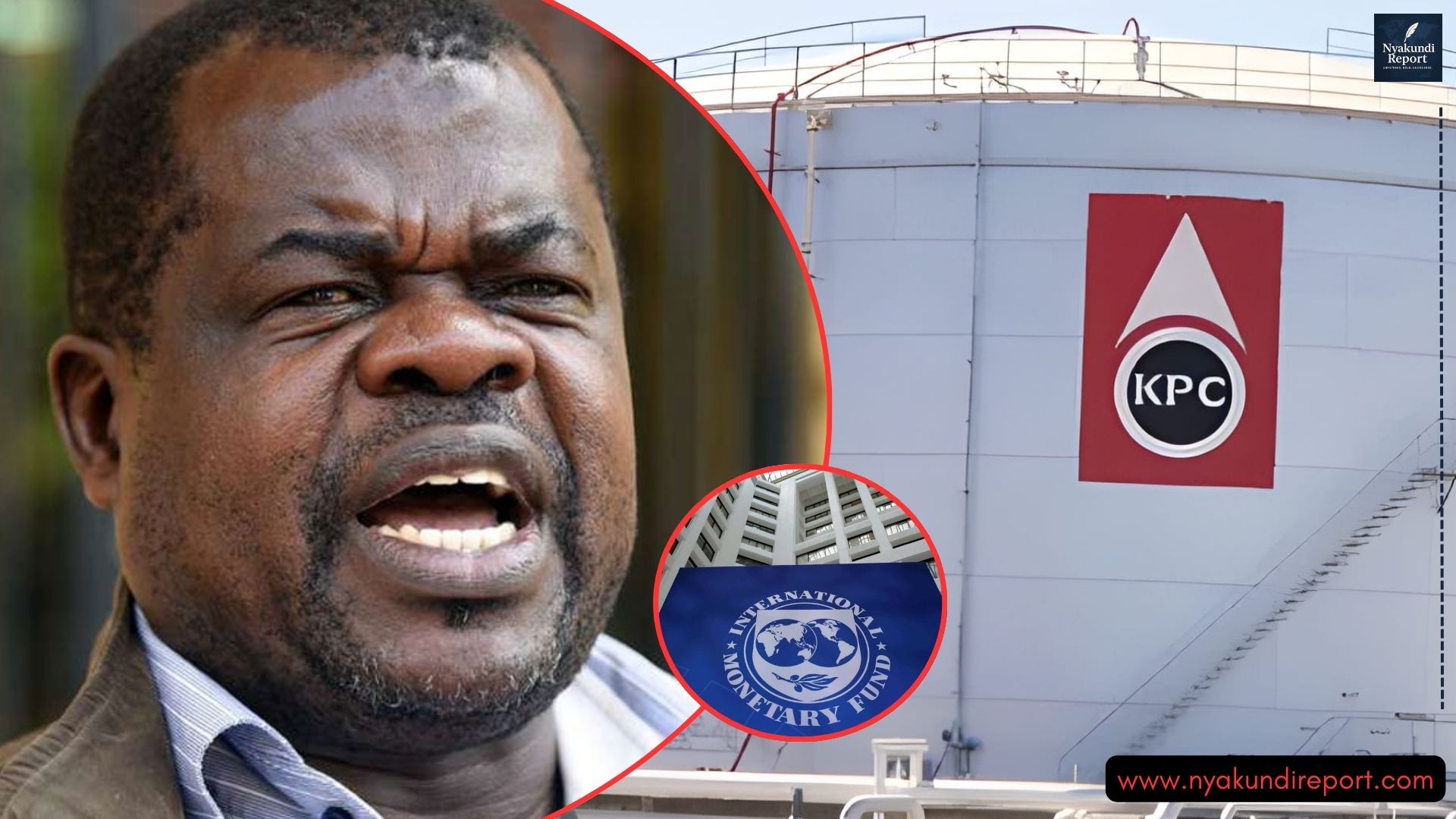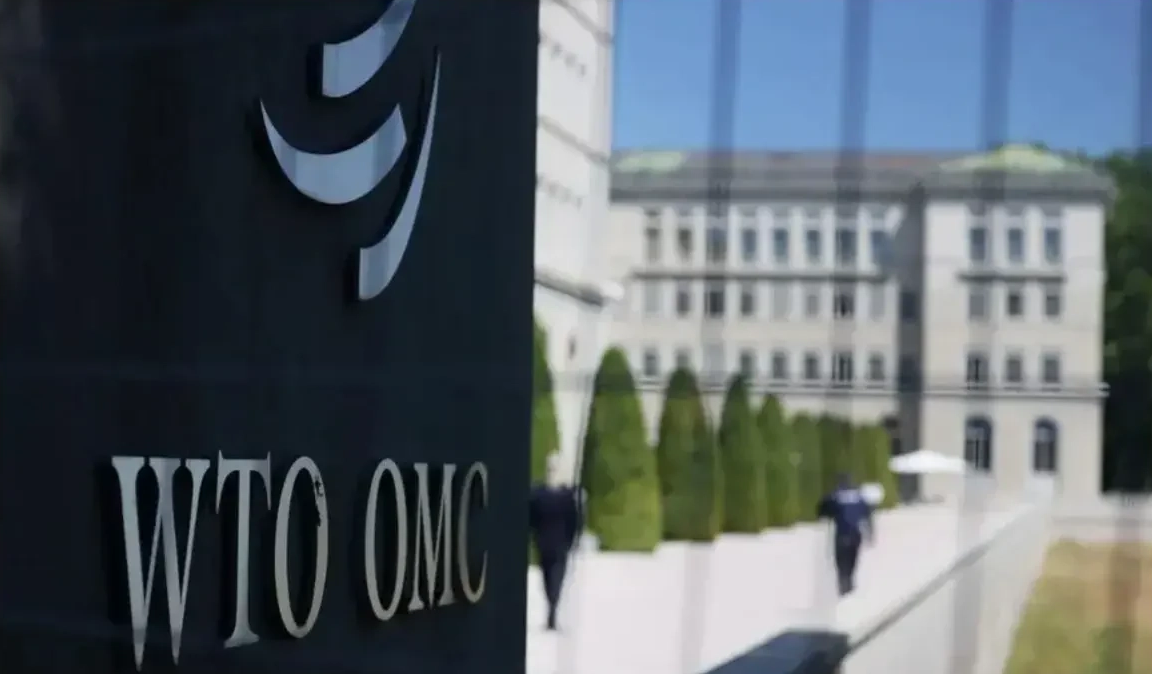A senior procurement officer at the Parliament of Kenya is at the center of a brewing corruption scandal after a whistleblower exposed a plot to illegally extend a lucrative medical insurance tender with Zamara, despite the firm’s dismal performance record.
The explosive report, submitted to the Ethics and Anti-Corruption Commission (EACC), accuses the Head of Procurement of abuse of office, attempted bribery, and deliberate violation of the Public Procurement and Asset Disposal Act (PPADA). The move, according to insiders, is an attempt to sidestep open competition and retain a contractor already criticized for poor service delivery to parliamentary staff.
If confirmed, the illegal scheme would represent one of the most brazen procurement breaches within the parliamentary administration in recent years—a blatant attack on transparency, accountability, and the rule of law.

Illegal Procurement at Parliament: Whistleblower Exposes Bribery and Tender Manipulation
The whistleblower’s letter to EACC paints a damning picture of how the procurement chief allegedly tried to push through the extension by offering a bribe to a parliamentary insider.
The insider reportedly declined the offer and warned the procurement head that any move to bypass competitive tendering would amount to a criminal offense under the PPADA. Despite this warning, the procurement boss is said to be proceeding with impunity, attempting to finalize the extension in secrecy.
Zamara, the current medical services provider, has faced multiple complaints from employees and Members of Parliament over delays in claims processing, poor customer support, and failure to deliver contractual obligations. Instead of initiating a transparent re-tendering process, the procurement head allegedly seeks to reward the same firm through an illegal backroom deal.
Sources within Parliament say the procurement officer has been lobbying senior administrators to overlook Zamara’s shortcomings, arguing that renewing their contract would “save time.” However, procurement experts point out that such shortcuts are not only illegal but also expose public institutions to corruption and inefficiency.
Inside the Web of Manipulation and Cover-Up
Documents seen by insiders indicate that the existing contract with Zamara is nearing expiry. Under Kenyan law, extensions or renewals of public tenders must follow strict evaluation and approval processes to ensure value for money and fair competition.
However, the Head of Procurement allegedly seeks to bypass this by labeling the extension an “administrative continuation,” a loophole often abused to sustain corrupt deals in government offices.
The whistleblower describes a meeting where the procurement boss offered a cash bribe to a staff member in exchange for support. The bribe was reportedly intended to secure signatures or internal approvals necessary to push the extension through before oversight agencies could intervene.
The insider refused and documented the incident, warning that it would draw EACC scrutiny. Despite this, the officer remains undeterred, reportedly confident that political connections within Parliament would shield him from investigation.
Analysts note that this reflects a wider rot in Kenya’s public procurement system, where corrupt officials manipulate legal loopholes to benefit favored companies.
Public Outrage and Call for Immediate EACC Action
The whistleblower’s report demands urgent intervention from the EACC to prevent the illegal extension from being finalized. It calls for a full audit of the Zamara contract, an investigation into the procurement head’s conduct, and verification of any financial dealings linked to the tender.
The informant has also requested whistleblower protection, citing fear of retaliation for exposing the scheme. According to the report, several other staff members are aware of the plan but are afraid to speak up due to intimidation and job security concerns.
Transparency advocates have joined calls for swift action, saying this case highlights how procurement systems are manipulated to reward underperforming firms while punishing honest officers.
“If the EACC fails to act, it will embolden corrupt officials to continue abusing the system,” said a governance expert familiar with parliamentary operations. “This is not just about one tender—it’s about restoring integrity in public procurement.”
The Dire Need for Accountability in Public Procurement
The unfolding case presents a crucial test for EACC and Parliament’s leadership on whether they can confront corruption within their own ranks.
With the Public Procurement and Asset Disposal Act designed to prevent exactly such abuses, the illegal extension plan with Zamara would mark a serious violation of national laws and a betrayal of public trust.
The report has triggered growing pressure from within Parliament for leadership to suspend the procurement officer pending investigation and ensure that all future medical service contracts undergo open, competitive bidding.
Whether the EACC acts swiftly or bureaucracy delays the process, this case has already exposed the deep cracks in procurement governance—and the dangerous impunity that continues to undermine Kenya’s public institutions.






































